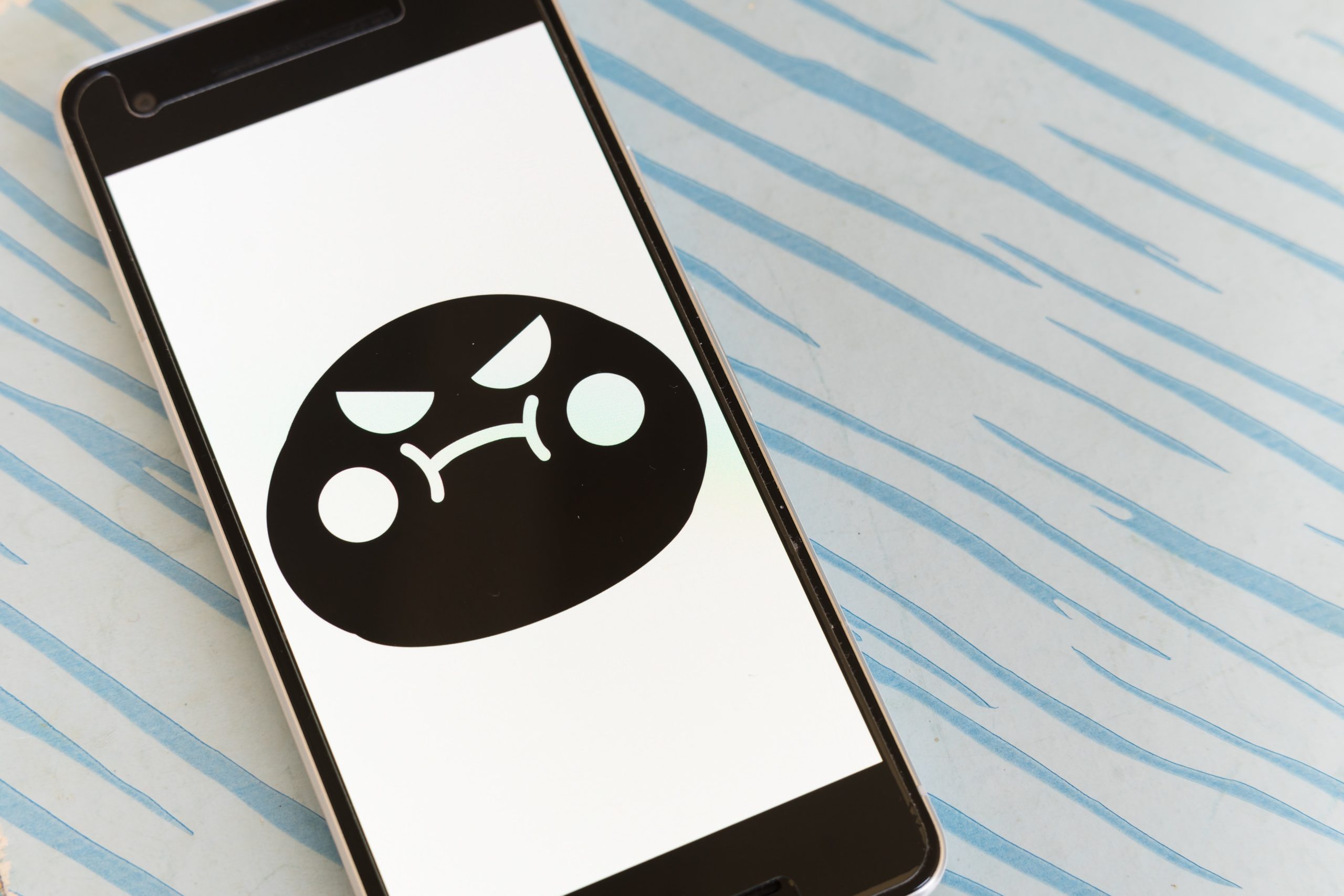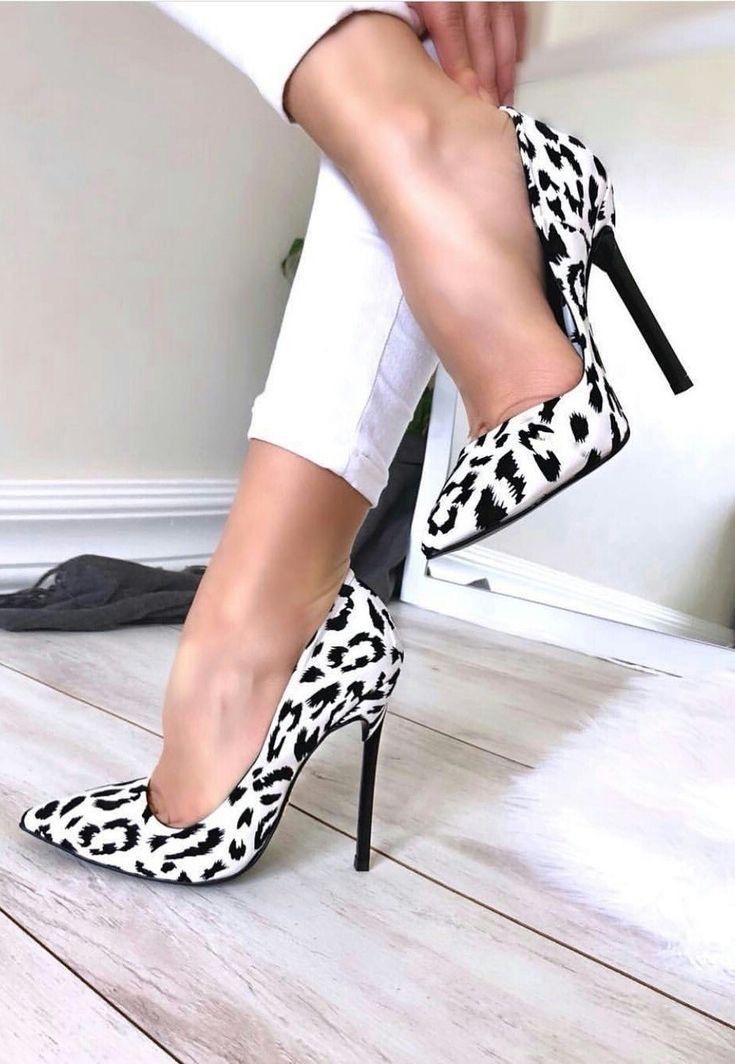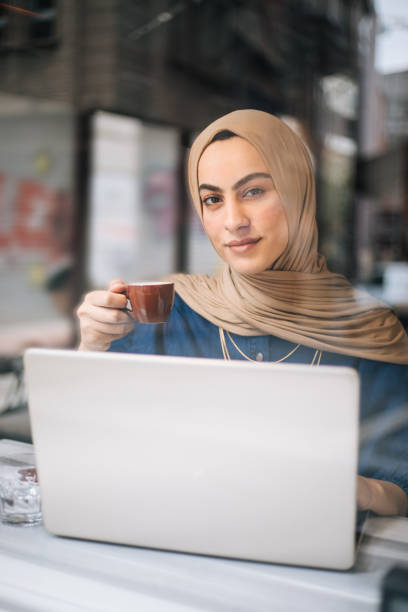A choice you make without the approval of the world is the most empowering choice you can make.
– Karissa Kay
I think it is widely realised now that many years from today, every individual will have their own personal narrative on how 2020 either grew them or broke them. For me, 2020 brought me a change in faith and, consequently, wardrobe. Just nine months ago I was sitting in my Soviet-era apartment in Poland watching YouTube tutorials in an attempt to learn how to properly wrap a hijab onto my head. If you flashback to just 3 months before that, pictures show me as, what many would call, “a typical American girl”. The only other nationality I would be mistaken for was Polish due to both my geographical location as well as my fair features.
When I arrived in Poland I was really just completely lost in the world and thought I could make sense of things through travel. I later came to find out that travel was only yet another unreliable solution (that is now materializing itself as even more unreliable during the current state of the world) in an unreliable world. Somehow, all of the stars aligned for me and in the most peculiar of circumstances, I found Islam through a Syrian friend in Poland. After months of researching, questioning and reading, I accepted Islam in February of 2020. For me, wearing the hijab was a challenge I accepted with pride. It’s something that’s deeply personal to me, yet also so unavoidably public.
When I told my parents about my decision to cover my entire body except for my hands, feet and face, my dad asked if I thought it was a good idea for my future as an ESL teacher. A big part of teaching English is marketing yourself to students and employers. In the past, I had always marketed myself as a typical American with the neutral accent of a native speaker. Something as simple as a scarf on my head would mean I would have to prove my “American-ness” and answer the innumerable “So were you born in America?” questions. Sometimes it’s fun to play dumb and explain how I was born in America *but* my great-great grandmother was born in Germany and I have several ancestors that were from the United Kingdom.
So is the hijab even worth the trouble? After all, it isolates me and makes me a target for harassment and Islamophobia. For me, there is only one pure answer to my decision, and that is that I wear it for Allah alone. There is no person in this entire world that can lay claim to my decision which is between me and Allah. My secondary reasons for wearing the hijab are much more earthly. My hijab challenges the current, yet ever-changing, beauty standards that are weighed based on Instagram likes and admiration from strangers.
I remember when I worked as an English teacher in Italy, it was hinted several times that I should wear more makeup. I was twenty years old and had never attempted makeup beyond mascara and lipstick. Even so, it didn’t seem like looking like a model mattered all that much when I was hired based on my experience working with children and my knowledge of English grammar. It’s not like my makeup-free or mascara-only face was that hideous to look at. Your image bears no weight on your job ability, yet the world still holds tight to its expectations. Women are subjected to all too familiar circumstances again and again when they hear statements like, “Your curly hair should be straight or your straight hair should be curly.” or “No one will focus on the words coming out of your mouth because you’re too pretty or no one will listen to you because you’re not pretty enough.”
Related Reads:
It’s an impossible standard that women are all too familiar with. And even when the standard is met, the world is all too cruel to women who dare grow old, carry babies in their bellies or bookend their smiles with crescent moons from years of laughter. The late Carrie Fisher sparked a conversation back in 2015 when she made a comeback as the infamous Leia in the 7th Star Wars film. She was *surprisingly* not the 26 year old woman in a gold bikini that every boy in the 80s had a poster of. Comments immediately ensued critiquing her hair, body and weight. Yet few people had a word of criticism for her co-star Harrison Ford’s image. Back in 2011 Fisher said, “I swear when I was shooting those films I never realized I was signing an invisible contract to stay looking the exact same way for the rest of my existence.” Fisher’s career didn’t dissolve after she hit 30, or when she ceased to be recognizable as Princess Leia. She spent the decades following working as a script doctor, author, and activist. She was far from finished with her quiet accomplishments when she died at the age of 60.
In this world where it sometimes seems that the only thing that matters is whether you’re a nice thing to look at or not, then I don’t want to be a thing to look at. Give me the choice of being the art or the artist, and I’ll choose the artist.
– Karissa Kay
When you look around, it’s easy to see the pattern of a world controlled by fat, old men wishing for beautiful, young girls. And if a girl uses her beauty for profit, she’s condemned. Yet if she has no beauty to profit off of, the world looks upon her with pity. In this world where it sometimes seems that the only thing that matters is whether you’re a nice thing to look at or not, then I don’t want to be a thing to look at. Give me the choice of being the art or the artist, and I’ll choose the artist. Covering myself from head to toe is my liberation from the prying eyes of the public that expect something beautiful in return for the place I demand in the world.
As an avid reader, I often think of Jane Eyre when I ponder the value of external beauty. Throughout the book, Jane describes herself honestly as being plain. There is nothing remarkably beautiful about her and yet it is of little importance because the reader is invested in her thoughts and actions and even the following outburst aimed at the man she fell in love with…“Do you think, because I am poor, obscure, plain and little, I am soulless and heartless? You think wrong! — I have as much soul as you, — and full as much heart!” I feel much like Jane Eyre at times, but I strive for plainness on purpose and it is my privilege. Being plain and unremarkable in beauty gives me the opportunity to be seen as a soul first and a body second.
Rather than asking me if my hijab makes me feel oppressed, ask me about my favorite book and watch my eyes light up when I ponder the impossible selection between Alexandre Dumas’ The Count of Monte Cristo and Jane Austen’s Pride and Prejudice. Ask me who my role model is and humor me while I trail off talking about the women in Islam who founded universities, led battles, worked as scholars and supported their families with businesses. My choice to cover myself is not well-received by all, but my liberation is worth the discomfort of others.
A choice you make without the approval of the world is the most empowering choice you can make.




